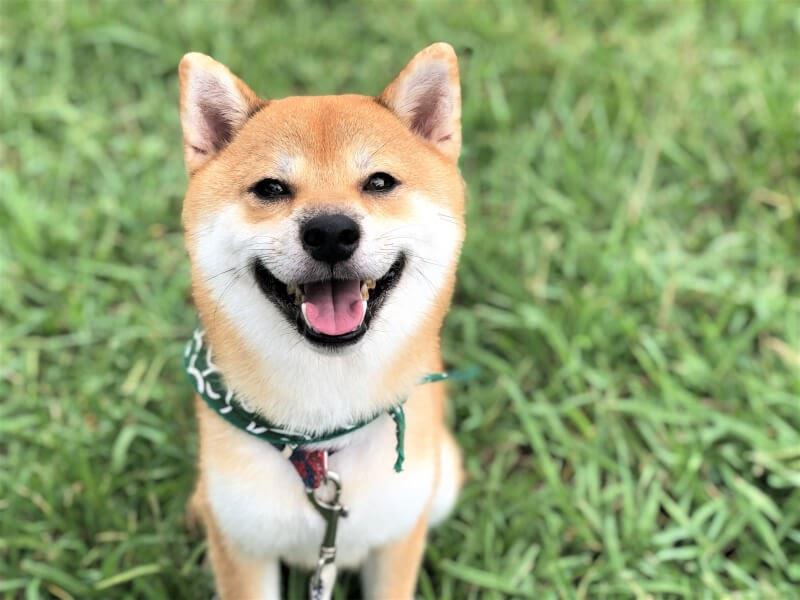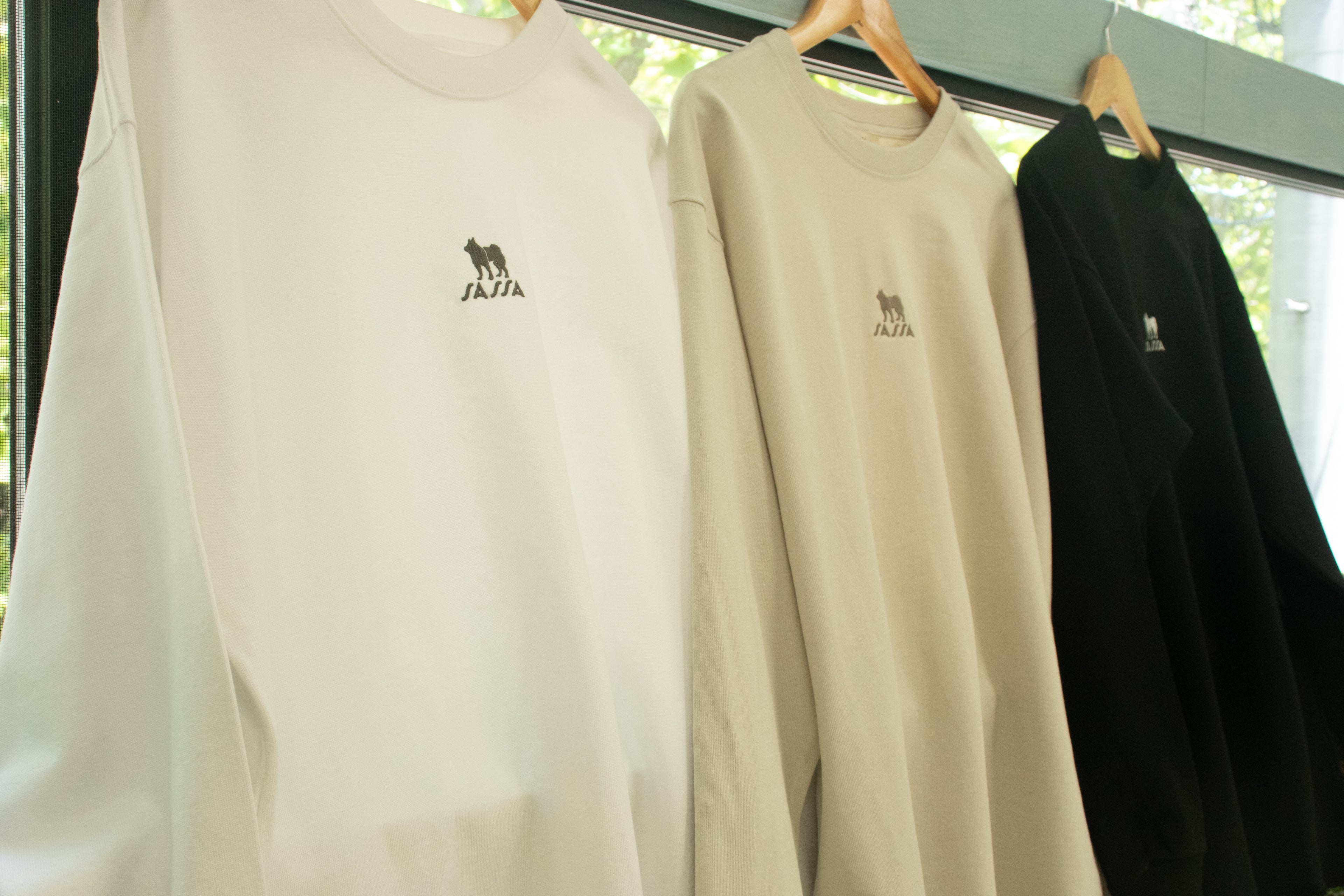
[Veterinarian commentary] Overview of diseases to be careful of in Shiba Inu
Share
The Shiba Inu is the only Japanese dog that is classified as a small dog, and is also designated as a natural monument.
Its history can be traced back to the Jomon period, and it is one of the most traditional and popular dog breeds, attracting attention overseas as an "Oriental dog" and being called the "Shiba". It can be said that it is.
The average lifespan of a Shiba Inu is said to be around 13 to 16 years, but some long-lived dogs can live over 20 years.
Although the Shiba Inu has a relatively healthy image, there are some diseases that the breed is prone to. They also have a strong independent personality and are very loyal to their owners, so they often put up with it even if they are not feeling well, so you need to be careful.
In order to help your Shiba Inu, who is an important member of your family, live a long and healthy life both mentally and physically, be sure to learn about the diseases that your Shiba Inu is susceptible to.
① Dermatitis
Shiba Inu dogs have a genetically weak skin barrier function and shed a large amount of hair during the shedding season, so they tend to have more skin problems than other dog breeds. dermatitis” or “atopic dermatitis”.
In "allergic dermatitis", the body's immune system overreacts to allergens that cause allergic symptoms, causing symptoms such as itching. It is said that certain foods are often allergens.
Atopic dermatitis is a condition where the skin's barrier function is weak, and house dust in the environment causes irritation, causing symptoms such as itching.
It is difficult to determine which type of dermatitis you have based on the symptoms alone, and depending on the cause, there are cases where ``atopic dermatitis'' is considered to be a symptom of ``allergic dermatitis.''
Either way, it's often accompanied by severe itching, so if you notice frequent licking or biting, it's best to visit a veterinarian.
For prevention, we recommend brushing your dog regularly and feeding them dog food that takes care of their skin.
② Otitis externa
The structure of a dog's ear can be divided into the outer ear (auricle), external auditory canal, eardrum, middle ear, and inner ear.Inflammation of the outer ear (auricle) or external auditory canal is called "otitis externa." Says.
It is most commonly seen in dog breeds with drooping ears, such as cocker spaniels and cavalier dogs, but it is also said to be more likely to occur in dogs with weak skin barrier functions, such as in Shiba dogs.
Since most cases are accompanied by itching, symptoms include itching, shaking the head a lot, and redness of the ears due to inflammation. If you notice any worrying symptoms, please consult a veterinarian.
③Glaucoma _
Like humans, dogs' eyes are filled with a fluid called aqueous humor, which transports necessary nutrients and waste products.
This "aqueous humor" exits the eye from an exit called the "angle" located at the intersection of the cornea and iris, but if this exit becomes clogged, "aqueous humor" accumulates inside the eye. When this happens, the pressure inside the eyeball (intraocular pressure) increases, which is called glaucoma.
It has been reported that many Shiba Inu dogs have a narrow angle, which is the passageway for this aqueous humor, and are thought to have a higher chance of developing glaucoma than other dog breeds.
Glaucoma can lead to blindness if it becomes severe, so be careful if you notice early symptoms such as redness of the eyes or frequent squinting or closing of the eyes.
You may also want to check your eye pressure during your regular health checkup for early detection.
④Dementia _
Dementia in dogs is also called cognitive dysfunction (CCD) or senile cognitive dysfunction (CDS), and as more dogs are living longer due to advancements in veterinary medicine and improvements in the quality of pet supplies, the disease is becoming more common than before. is increasing.
The cause of dementia is not clear, but it is thought that, similar to Alzheimer's disease in humans, a protein called ``amyloid beta'' accumulates in the brain's nerve cells, causing abnormalities in the brain. I have a report.
Reasons why Shiba Inu dogs are more likely to develop dementia include the fact that many of their offspring live for a long time, which causes the disease to develop as a result of aging, the fact that they have a nervous personality, and Shiba Inu dogs that are Japanese dogs and have mainly eaten fish. Various reasons are being considered, such as the amount of omega-3 fatty acids such as DHA and EPA contained in current dog food being insufficient.
It is said that the incidence increases after the age of 11 or 12, so if you notice symptoms such as walking around in circles or screaming at night, it may be a good idea to suspect dementia.
summary
Do you understand the diseases that Shiba Inu dogs are susceptible to? Just because your Shiba Inu is a Shiba Inu, it doesn't necessarily mean that they will suffer from the diseases mentioned above, but in order to prevent and detect them early, please take care of your Shiba Inu with daily care and regular health checkups.

